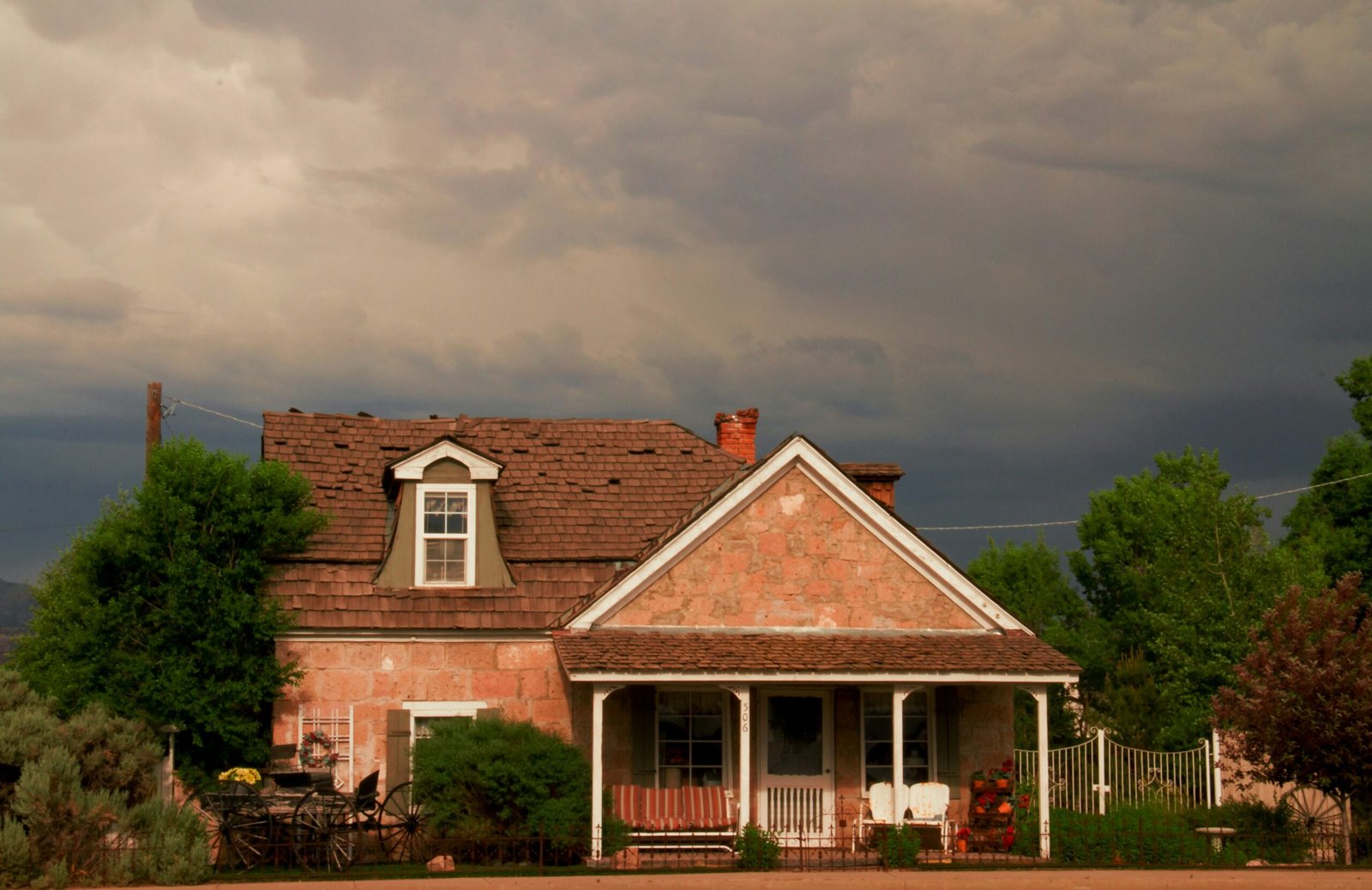Homeownership comes with many responsibilities—and one of the most important is maintaining proper homeowners insurance. However, many homeowners are surprised to find that their home insurance premium has increased, even if they haven’t filed a claim. If you’re wondering why your rates are climbing, you’re not alone.
Let’s explore the most common reasons behind rising premiums and how you can manage them effectively.
1. Increased Rebuilding Costs
Inflation doesn’t just affect your grocery bill—it also drives up the cost of materials and labor. If the price of lumber, drywall, roofing, or skilled trades increases, your insurer may adjust your home insurance premium to reflect the higher cost of rebuilding your home after a disaster.
2. Natural Disasters and Weather Patterns
If you live in an area prone to wildfires, floods, earthquakes, or severe storms, insurers may raise premiums based on risk models. Even if you haven’t personally experienced a loss, regional data can influence rates. This is especially true in parts of California where wildfires have become more frequent and destructive.
3. Home Upgrades and Renovations
Made some beautiful updates to your home? That’s great—but it might come with a higher premium. Upgrades like kitchen remodels, room additions, or installing a swimming pool can increase your home’s replacement value, prompting insurers to raise your coverage limits (and your premium).
4. Claims History (Yours or Your Area’s)
If you’ve filed claims in the past—especially for water damage, fire, or theft—your insurer may consider you a higher risk. But even if you haven’t made a claim, the collective claims in your ZIP code can impact rates. Insurance companies assess risk on a broader scale than just individual properties.
5. Changes in Insurance Regulations or Reinsurance Costs
Sometimes, premium increases are driven by factors outside your control. Insurance companies themselves purchase coverage—called reinsurance—to protect against major losses. If the cost of reinsurance spikes due to global catastrophes, your home insurance premium could reflect that rise.
6. Your Credit Score
Yes, your credit score can influence your home insurance rate in many states. A lower score may indicate higher risk, which could lead to increased premiums. Insurers use credit-based insurance scores to help determine pricing—even if your mortgage is always paid on time.
7. Lack of Bundling or Discounts
Did you recently remove your auto or general liability insurance from the same provider? Losing bundle discounts can cause your premiums to increase. Always ask your insurer about available discounts, including those for security systems, smoke alarms, and claims-free records.
8. Your Home’s Age and Condition
Older homes may be more expensive to insure due to outdated electrical, plumbing, or roofing systems. If your home hasn't been updated in years, your home insurance premium could reflect the increased risk of damage or malfunction.
How to Keep Your Home Insurance Premium in Check
While you can’t control everything, you can take steps to help manage your premium:
Compare quotes annually.
Maintain your home to avoid claims.
Install safety features (like burglar alarms and sprinkler systems).
Ask about loyalty, claims-free, and bundling discounts.
Stay on top of your credit report.
Also, make sure you’re covered by a policy that fits your specific needs. Explore your options for homeowner insurance that offers the right balance between protection and affordability.
Final Thoughts
An increase in your home insurance premium doesn’t necessarily mean your insurer is penalizing you. It could be a reflection of changing market conditions, rising costs, or new risks. By understanding the reasons behind these adjustments, you can take informed steps to protect your home—and your wallet.
Need expert help in choosing the right coverage? Visit this homeowner insurance service page to explore customized insurance solutions that keep your home protected—no matter what life brings.


























